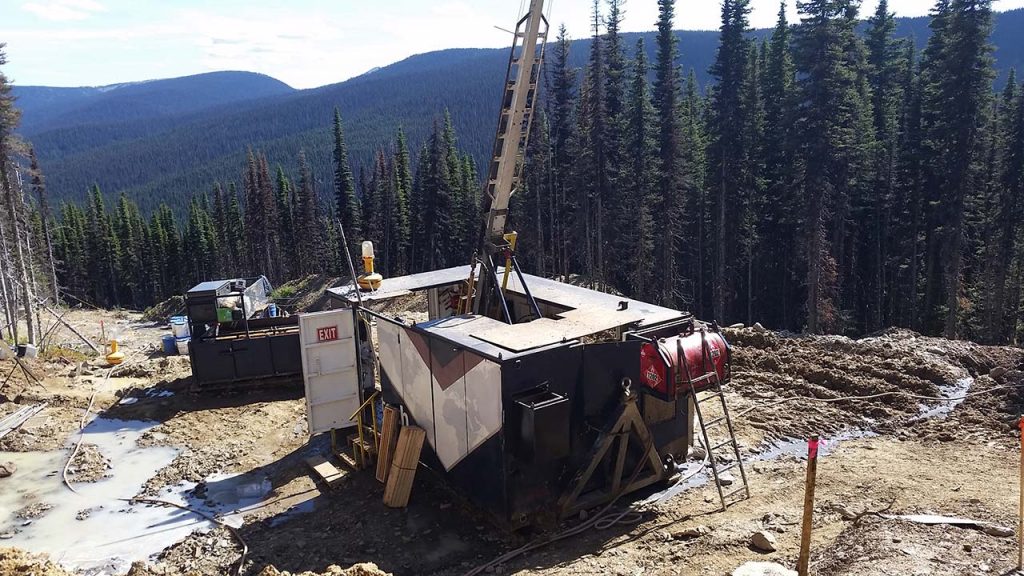AME looks at economic impact of BC explorers

The Association for Mineral Exploration (AME) has released a report titled Explore our Economy, a new economic impact study of the Canadian mineral exploration industry in partnership with iTOTEM Analytics. The report quantifies the economic and social impacts of the industry in British Columbia in 2020.
Mineral exploration companies spent C$513.5 million in the province in 2020, as recorded by Natural Resources Canada. The AME report analyzed detailed spending data that represented C$148 million, or 29%, of the total spend. The investment by the industry supported 445 vendors in 110 municipalities and Indigenous peoples across the province.
Last year in BC, exploration spending rocketed upward 28.5% to C$659.8 million in 2021.
The average expenditure reported on a single project was C$1.2 million, and the annual spend on drilling per project was C$2.9 million. The potential economic impact of a five-year exploration permit is C$11 million.
Explorers spend 44% of their funds on drilling, construction and labour contractors. The next largest spend is 31% on consumables, equipment and logistics. This is followed by 22% on consulting and technical services, and only 3% on safety, training, IT, and administrative services.
Smithers was the town that benefited most from exploration activity with an estimated C$105.2 million spent by the industry. Well behind in second place was Vancouver (C$64.1 million), Prince George (C$62.8 million), Kamloops (C$48.6 million), Stewart (C$30 million), Langley (C$22.8 million), Squamish (C$20.3 million), Burns Lake (C$19.7 million), Terrace (C$19 million), and in tenth place, North Vancouver (C$13.8 million).
“Our members discover new projects that develop into the operating mines that produce the minerals and metals needed for everyday life,” said Kendra Johnston, AME president and CEO. “Explore our Economy demonstrates how the mineral exploration industry is essential to thousands of businesses and people in all corners of the province, helping to ensure a strong and vibrant provincial economy for generations to come.”
The AME recognizes that Indigenous participation is central to successful mineral exploration. Indigenous Nations benefit through employment, direct investments, building capacity, business support, and local initiatives. In BC, 21% of mineral exploration spending went to Indigenous-affiliated vendors.
“Our industry also aims to be a leader in reconciliation with Indigenous peoples through collaboration, shared planning, and procurement. This report demonstrates how vital Indigenous-affiliated business and collaborative partnerships are to mineral exploration, and how these relationships can advance reconciliation and economic advancement for Indigenous communities,” said Johnston.
More than 30 investments reported in Explore our Economy were directed to Indigenous communities or affiliated organizations, and the spending totalled about C$200,000. Seventeen per cent of drilling companies have Indigenous affiliations, and that represents about 40% of the total drilling expenditure.
Of the 445 vendors examined in the report, there were more than 35 Indigenous businesses with associations to 19 Nations.
(This article first appeared in the Canadian Mining Journal)
{{ commodity.name }}
{{ post.title }}
{{ post.date }}




Comments